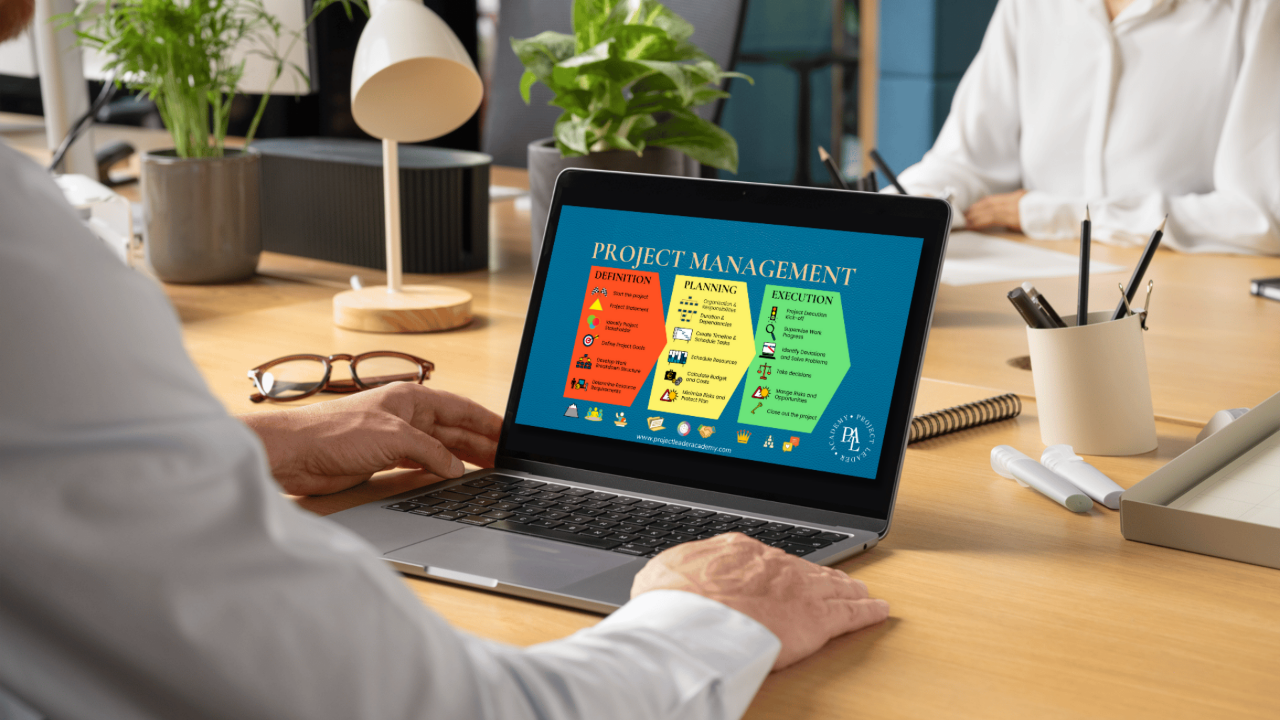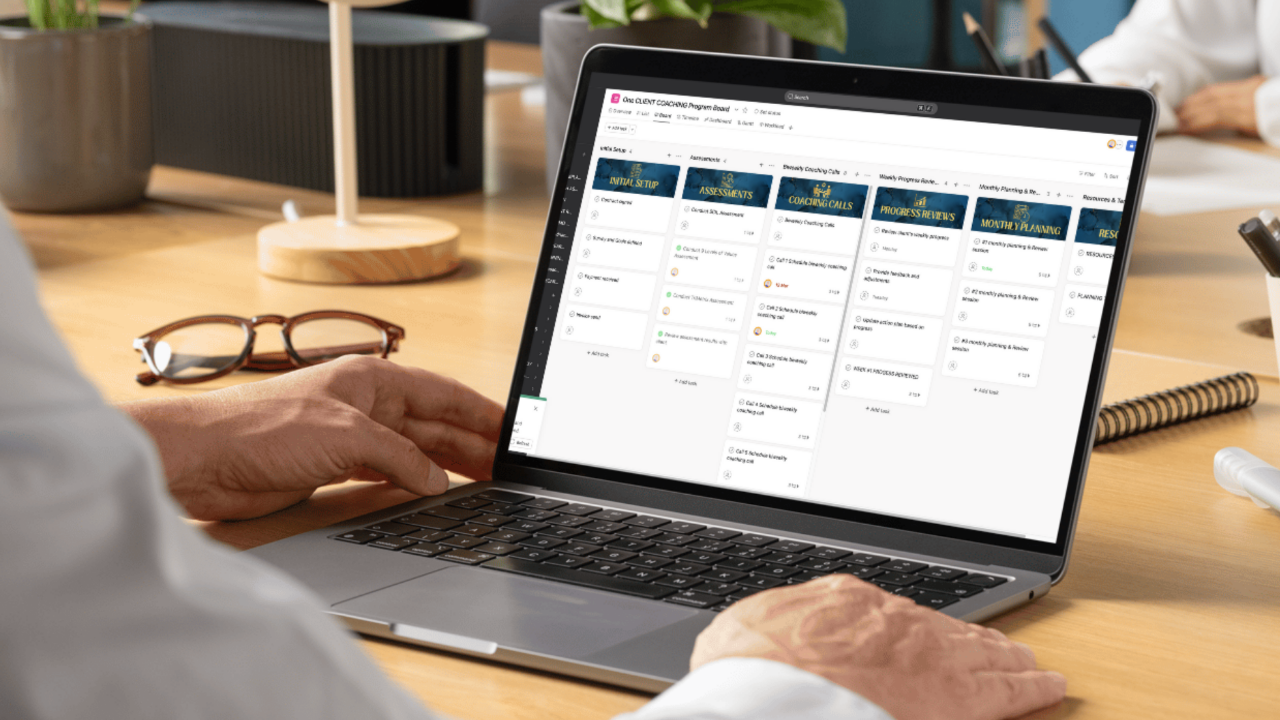Mastering Your Project Debrief"

If you're looking to get better at wrapping up your projects, a well-done project debrief is crucial. Let's break it down into simple steps using an everyday example to make it easy to understand.
Imagine you and your friends just finished a big group project, like organizing a community event. Now, you all sit down to chat about what went well and what could have gone better.
After wrapping up a project, it’s tempting to jump straight into the next one. But before you do, there’s a key step you shouldn’t skip: the project review session. Some might see it as just another meeting, but it's actually your secret weapon for better results down the road.
Why Bother with a Project Review Session?
Think of a project review session as your team’s chance to pause and reflect. It’s about figuring out what worked, what didn’t, and why. This isn’t just navel-gazing—it’s about learning and improving. Plus, it gives everyone a sense of closure and lets them share their own experiences.
What’s in It for You and Your Team?
-
Solve Problems Smarter: You’ll get better at pinpointing issues and fixing them for next time. It’s like tweaking your game plan after every match.
-
Boost Team Vibes: These sessions show that everyone’s voice matters. They help everyone get along better and speak up more.
-
Learn and Grow Together: Every project teaches something new. Sharing these lessons means you all grow smarter, faster.
-
Set Up for Future Wins: The insights you gain here can make your next projects smoother and more successful.
-
Cheer On and Take Charge: It’s a chance to clap for the stars of the project and encourage everyone to own their part.
Project review sessions turn today’s experiences into tomorrow’s wins. They’re all about learning from the past to shine in the future.
2. How to run a Project Review Session?
A project review session is a critical component of project management, especially in the business and finance sectors. It helps in evaluating the progress, addressing challenges, and planning for future steps.
-
Set it up right away: It's best to have this chat as soon as the event is over while everything is still fresh in your minds. Think of it like talking about a movie right after you've seen it; the details are clearer, and the emotions are still vivid.
-
Everyone gets a say: Just like when you’re deciding what movie to watch, everyone should have a chance to speak up about the project. Before you meet, send out a plan or agenda of what you'll talk about. This helps everyone come prepared, maybe with notes or points they definitely want to cover.
-
Write it down: During the chat, make sure someone is taking notes, especially on the big lessons and any smart ideas for next time. It's like keeping a recipe handy that you tweaked and turned out great, so you want to remember exactly what you did.
-
Follow up: After the meeting, don't just forget about it. Make sure the notes get sent out to everyone, and set a plan for who's doing what next. It’s a bit like cleaning up after the movie night; everyone should know if they’re helping put away chairs or taking out the trash.
-
Use what you learned: Finally, think about how you can use what you learned for next time. Share the insights not just with your team but maybe even with others who could benefit. It's like sharing that tweaked recipe on your social media for friends who also want to try it.
By following these simple steps, your project debriefs can become a powerful tool for learning and improving. Each debrief is an opportunity to do better next time, just like tweaking that recipe until it’s perfect. For more detailed guidance on how to closeout a project with your team . your client and your project manager and useful templates, check out our courses here.






